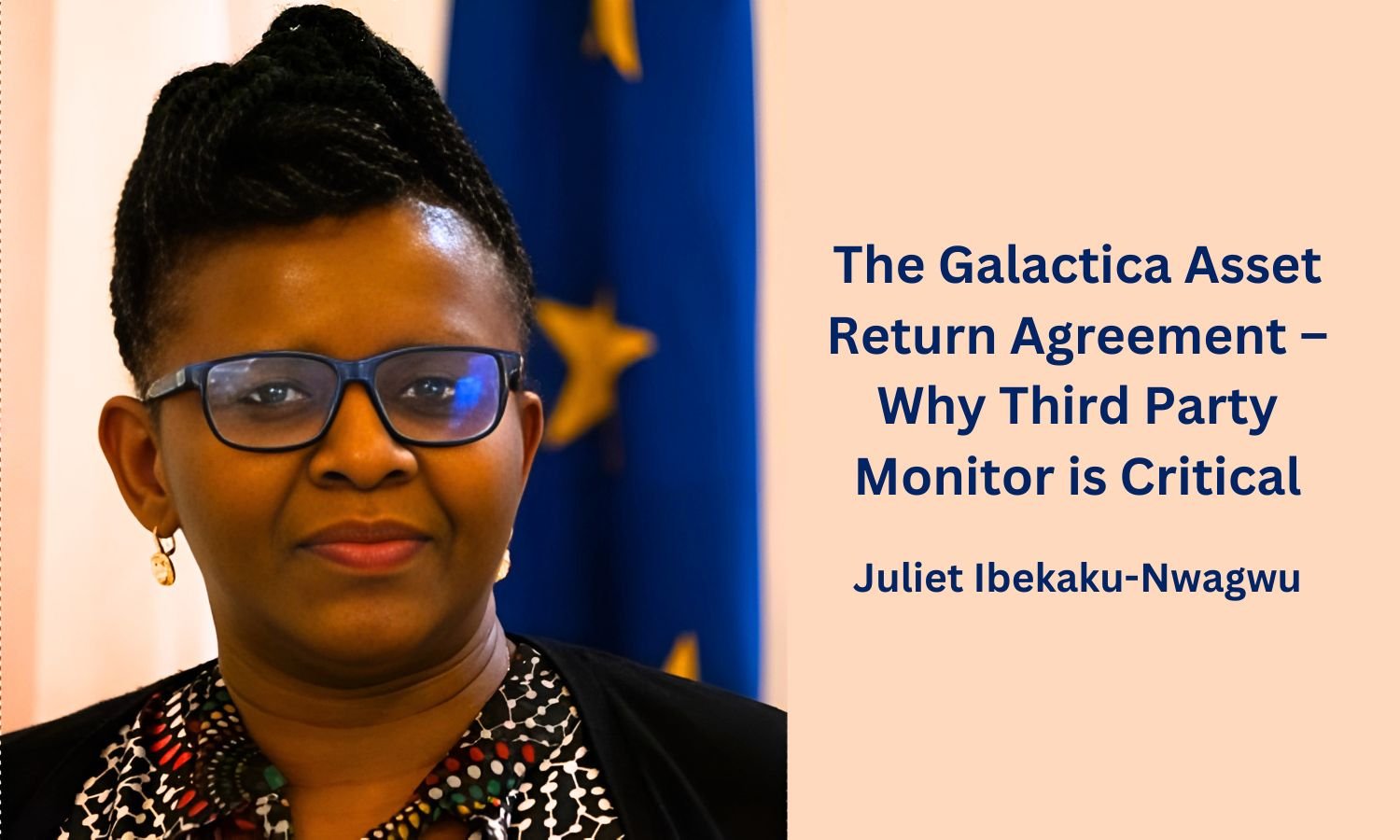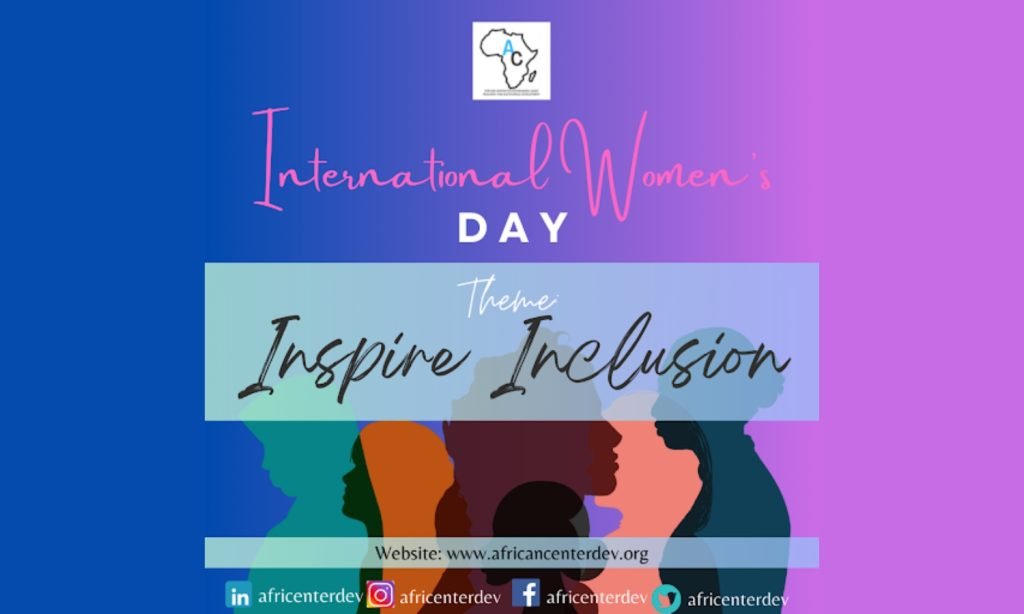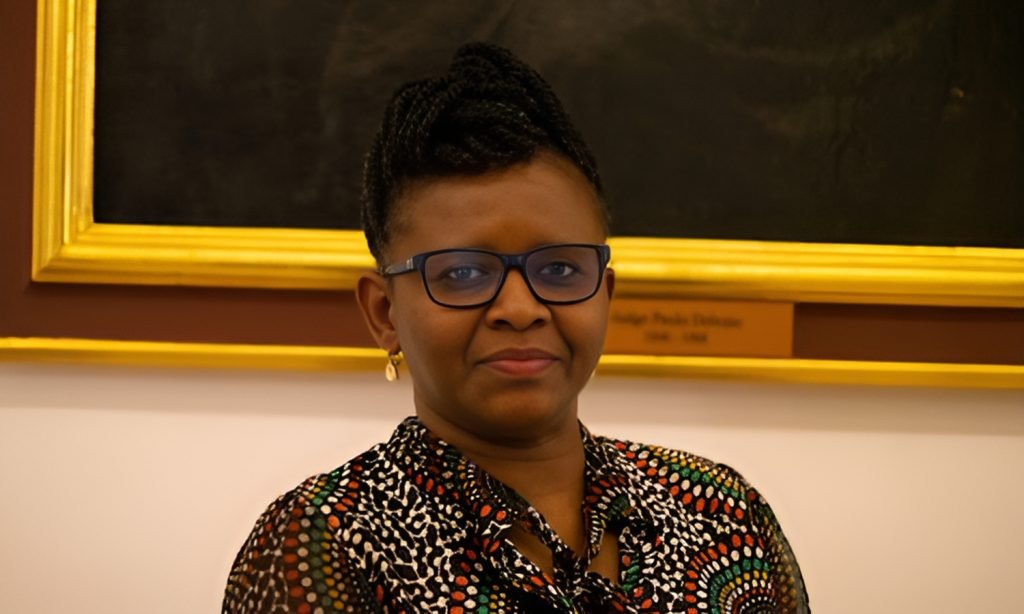
Ensuring that $52.88m Forfeited Funds from the Galactica Asset Return Supports Rural Electrification and Anti-Terrorism Efforts in Nigeria Depends on the Accountability of Implementing Institutions:
Juliet Ibekaku-Nwagwu, Postgraduate Researcher, School of Law, Politics and Sociology,
University of Sussex
Introduction
On 10 January 2025, the Federal Government of Nigeria (FGN) and the United States of America (U.S.) signed an agreement for the return of assets valued at $52.88m. The asset return agreement was signed by the Attorney General of Nigeria, Mr. Lateef Fagbemi SAN, and the Ambassador of the U.S. to Nigeria, Mr. Richard Mills Jr.
This is a laudable and significant event which started with an investigation over the activities of two businessmen – Kola Aluko and Jide Omokore – as alleged in court documents. These two individuals were identified as associates of Nigeria’s former Minister of Petroleum Resources, Diezani Allison-Madueke in the civil complaint filed in the U.S in 2017. Diezani faces additional bribery charges in the U.K. while most of her assets in Nigeria have been forfeited to the FGN. The civil complaint in the U.S. revealed that the former Minister gave access to oil contracts to the two gentlemen and in return they laundered over $100 million used to purchase luxury real estates in California, New York and the famous Galactica Star 65-meter superyacht . None of the individuals appeared in court, thus allowing the U.S. to use civil and non-conviction asset confiscation procedures to target the Galactica Yacht and the properties. The non-conviction based approach is recognised in Article 54 (1) ( c) of the UN Convention Against Corruption as the use of non-criminal forfeiture approach to target assets where the owner is dead or has fled or has decided not to contest the forfeiture proceedings.
The assets were forfeited as part of an investigation by the Kleptocracy Asset Recovery Initiative. (KARI). Regarding the governing legal framework on asset return, the U.S. does not have a policy of automatic return of proceeds of corruption as required in Article 57 of the UNCAC. The U. S’s policy emphasizes that it will return forfeited assets based on negotiated agreements and notes that assets will only be repatriated where appropriate, to benefit the country harmed and to benefit the people.
With regard to Nigeria, the FGN published a Proceeds of Crime Act in 2022. The Federal Ministry of Justice has a dedicated department on Asset Recovery and Management responsible for international asset recovery, including the negotiation of asset return agreements.
2. Highlights of the 2025 Galactica Asset Return Agreement
The Galactica Agreement notes that the funds were forfeited as a result of corruption, bribery, money laundering and other illegal acts in violation of Nigerian and U.S. laws. The FGN and the U.S. committed to the use of the funds in a transparent and accountable manner for the purpose of providing clean, reliable, renewable electricity for the Nigerian people as well as to enhance efforts to combat terrorism and transnational crimes.
This agreement relies on Article XVII, paragraph 4 of the Treaty between the Government of the United States of America and the Federal Republic of Nigeria on Mutual Legal Assistance (MLA) in Criminal Matters signed on September 13, 1989. The reliance on this Treaty concluded in 1989 is a significant departure from recent efforts to embed the principles for transparent asset recovery framework set out in the Global Forum on Asset Recovery (GFAR) and the UNCAC as was the case in the asset return agreements concluded by Nigeria with other countries such as Ireland, United Kingdom, Bailiwick of Jersey and United States of America asset return agreements.
It is not clear why Nigeria and the U.S. adopted this approach. The only reason discernible in the Agreement is the fact that the funds will be managed largely by the World Bank rather than by the FGN, thus, it is expected that the accountability mechanism may differ from the ones used in previous agreements. The U.S. Department of Justice (USDOJ) Press Release3 alluded to this fact while stating that the
$50 million will be managed and disbursed through a World Bank Trust Fund , and subject to World Bank oversight control, including auditing, and publication requirements. It noted that the smaller portion of this fund will be granted to the International Institute for Justice and Rule of Law (IIJ) located in Malta for the purpose of supporting capacity building for criminal justice sector practitioners and relevant stakeholders in the region. The IIJ will be expected to provide external audit reports, periodic progress report and public reporting.
3. Why the explicit use of the returned assets in an agreement matters.
The Agreement is significant in scope and the objectives set out to benefit the people of Nigeria quite critical as a development issue. First, in undertaking to invest these assets in renewable energy, criminal justice reform and counter-terrorism efforts at the national and global levels, Nigeria signals its commitment to the UN Sustainable Development Goals (SDGs), particularly Goal 7, (improving affordable and clean energy), Goal 16 (promote just, inclusive and peaceful society as well, reduce bribery and illicit financial flows and encourage asset return) as well as Goal 17 (strengthen global partnership for development). Working closely with international partners in the forfeiture of proceeds of crime in the past twenty years, Nigeria has shown leadership and willingness to initiate and negotiate bilateral and multilateral agreements. With more than $2 billion in international recovery in the past twenty years (1999 to 2023), Nigeria stands tall as the only African country to achieve this feat. Second, it matters that these funds will be used for renewable energy in a country where more than half of the population do not have access to stable electricity, and where the cost of gas and petroleum have skyrocketed despite being an oil-producing country.
The project’s aim is to set up single donor trust fund to be referred to as the the Distributed Access Through Renewable Energy Scale Up (“DARES) Trust Fund”. The Trust Fund will apply the sum of $50 million to increase the reliability and availability of renewable energy in Nigeria. The DARES project is a $750 million initiative funded by the World Bank which aims to scale up Nigeria’s energy access gap by providing new or improved electricity supplies to more than 17.5 million Nigerians and implemented by the Rural Electrification Agency (REA). The REA’s core mission is to provide access to reliable electrical power for rural dwellers. It aligns with Nigeria’s Energy Transition Plan, aiming to transform the nation’s energy landscape by expanding access to clean and sustainable power.
Thirdly, the sum of $2.8million shall be used to implement a Rule of Law and CounterTerrorism Project to be implemented by the IIJ through a Counter-Terrorism Capacity Buildiing for Criminal Justice Sector Practitioners. Not only has the Federal Government of Nigeria served as the co-chair of the Board since 2018, as a founding member of the IIJ, this will be the first time, that an African country will contribute to the IIJ project funds, which to date has been largely funded by the U.S., European and Middle Eastern countries. It matters that the fund will be invested through a regional and targeted program over a period of three years to implement a sustainable approach to counterterrorism efforts.
4. Missed Opportunity to Strengthen the GFAR Principles on Inclusion and Accountability Pillars?
Despite the laudable goals set out in the agreement, some concerns remain about the absence of a monitoring pillar as foreseen in the GFAR principles. Without providing for a third party or non-state actor monitoring, the state parties will need to address the concerns often expressed by civil society organizations and citizens of lack of transparency in the management of stolen assets. As someone who led the negotiating team from Nigeria from 2017 to 2023, my experience shows that third party monitors are critical in ensuring transparent asset management once returned to victims.
I was involved in the drafting of the trilateral asset return agreement for $311 million to Nigeria and worked closely with colleagues from the US., Jersey, U.K and Ireland and saw first-hand, during the implementation of the projects why it matters that there is inclusion. There were intense debates during the negotiation that ensured that we provided for four pillars of transparency, accountability and inclusivity through the active engagement of citizens in the 2017, 2020, 2022, and 2023 agreements. This innovative approach ensured that these agreements adopted and enshrined the GFAR Principles on partnership, transparency and accountability, strengthening anticorruption and development, preclusion of benefit to offenders and inclusion of nonstate actors.
The four pillars in the previous agreements included the recruitment of a CSO monitor, the recruitment of an external auditor, the need for publication of all reports as well the setting up of an advisory/monitoring team (MT) made up of implementing institutions, the external auditor and the CSO monitor. The MT meets every quarter to review progress of project implementation, audit and financial reports, and to address any obstacles in the management of the agreement. This was an important milestone achieved through extensive deliberation and negotiation of the trilateral agreement between 2018 to 2020. The monitoring team was chaired by the Federal Ministry of Justice and I had the honour to have been the chair from 2021 to 2023. The establishment of the non-state actor website by the CLEEN Foundation – the CSO monitoring entity under the 2020 Trilateral Agreement ensured that the government and the private sector remained committed to meeting the agreement targets and dissemination of reports to the public. This is evident in the public interface website created for this project and subsequent engagement with citizens who are critical to building what I refer to as “Open Asset Recovery Principles”. To the extent that citizens remain cynical of government’s commitment to transparency, it is important to continue to build on these four pillars.
On the contrary, the Galactica agreement while emphasizing transparency in the publication and auditing pillars by government actors only missed the opportunity to strengthen the inclusion of non-state actors. To address this challenge and maintain public trust in asset return, it is critical that other ways are devised to strengthen the accountability pillars in the Galactica Agreement for the purpose of the efficient use of these resources through the setting up of a monitoring team to be housed at the Federal Ministry of Justice.
The competent authorities referred to in the agreement should consider setting up the MT as a matter of urgency. The MT should include the competent authorities specified in the agreement, the external auditors, the representatives of civil society organizations duly selected based on their competence in this area of work, as well as one or two experts in renewable energy and international justice and rule of law issues. Although the work of this MT may be considered as not enforceable since it is not enshrined in the agreement, it offers an alternative mechanism to address the gap in the current framework.
5. Conclusion
Despite this shortcoming, I laud the tenacity and commitment of colleagues who stayed focused in ensuring that the funds are returned even though it originated from foreign bribery. I commend the leadership of the Federal Ministry of Justice, the Nigerian Asset Recovery and Management Unit, and the U.S. team led by the U.S Asset Forfeiture Unit.
Click For more information on the Guideline for Civil Society Organizations in the Management and Monitoring of Proceeds of Crime


